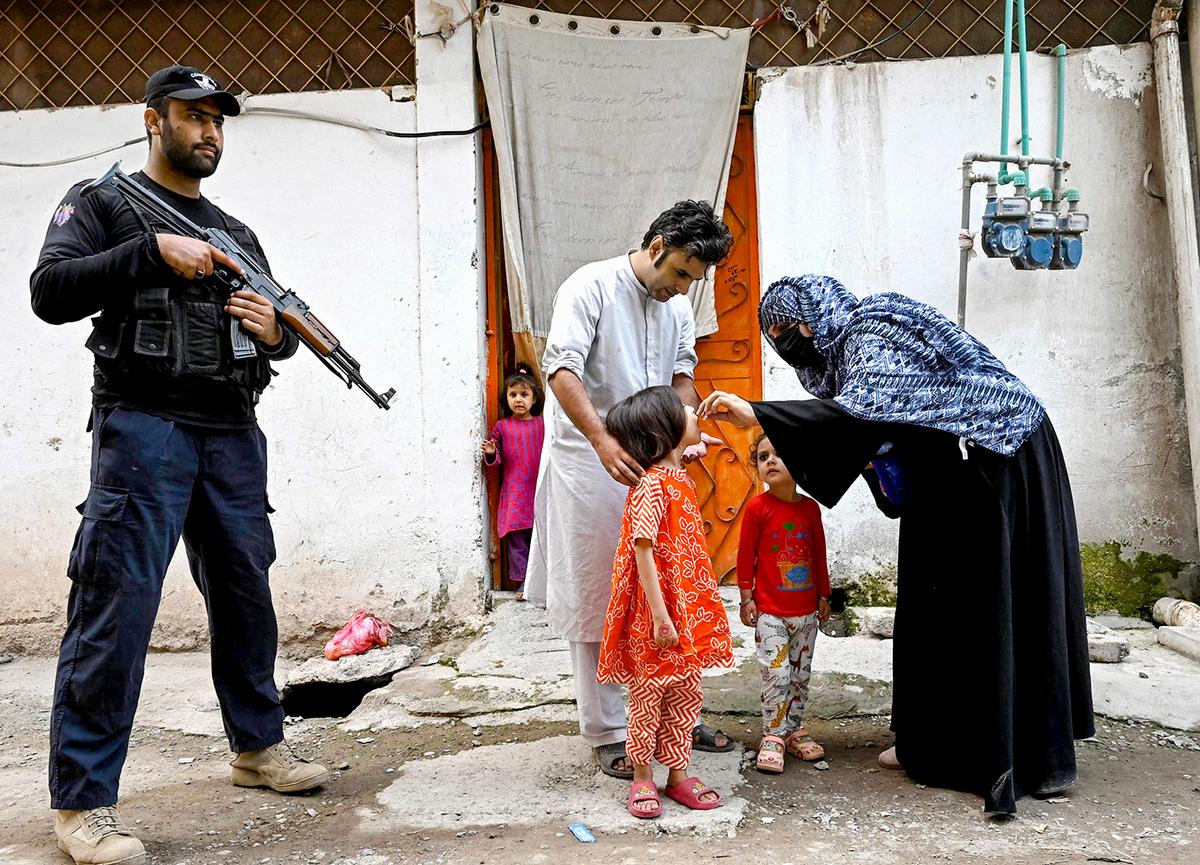BANNU: Section 144 has been enforced in Bannu, Khyber Pakhtunkhwa, for seven days, effective immediately.
Deputy Commissioner (DC) Abdul Hameed announced the imposition of these restrictions across the district, citing the upcoming anti-polio campaign as the reason for the measures.
The restrictions include a ban on carrying weapons, double riding on motorcycles, and the use of tinted vehicle windows. The DC emphasized that these measures are necessary to ensure the smooth execution of the anti-polio campaign, which begins tomorrow.
He further warned that strict action would be taken against anyone found violating these restrictions.
The anti-polio campaign in Khyber Pakhtunkhwa will commence on December 16, amidst challenges such as vaccine refusal, missed vaccination targets, fake finger markings, and a lack of support from district health officials. The province is home to about 7.3 million children under the age of five, part of the country’s total 44 million children in this age group. Health officials have highlighted ongoing issues with non-vaccination, affecting less than one percent of the target population.
Polio is a highly infectious disease caused by a virus that attacks the nervous system and can lead to complete paralysis in a matter of hours. The virus spreads from person to person, primarily through the faecal-oral route, but can also spread through contaminated food or water.
Initial symptoms of polio include fever, fatigue, headache, vomiting, neck stiffness, and limb pain. In one in 200 infections, the disease causes irreversible paralysis, usually in the legs. Among those paralyzed, 5–10% die when their breathing muscles become immobilized.
Although polio mainly affects children under the age of five, anyone who is unvaccinated can contract the disease. There is no cure for polio, but it can be prevented through vaccination. The oral polio vaccine and the inactivated polio vaccine are both effective and safe, offering lifelong protection when administered multiple times.










